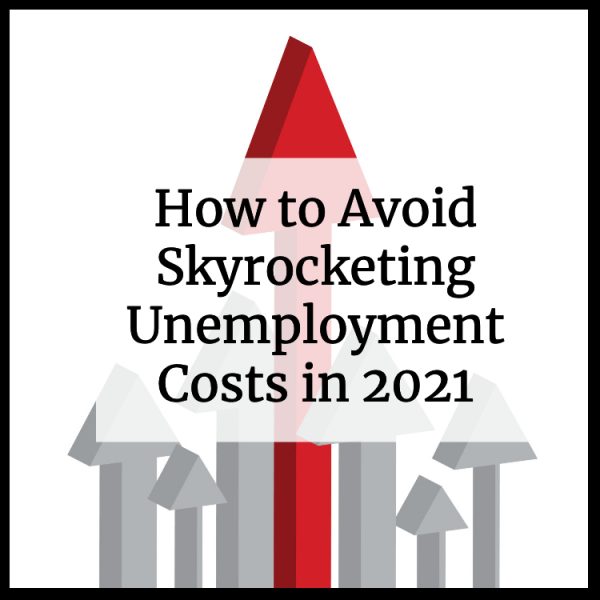Employer unemployment decisions that are made this year will impact organizations for many years to come. Organizations need a robust strategy that mitigates the known risk that will be encountered by Tribal employers.
Tax Rates Are Rising
When the Great Recession ended, unemployment tax increases followed. Tax rates increased for four straight years after 2008, and they didn’t return to pre-recession rates until eight years later. The national unemployment rate was high back then, but nowhere near where we find ourselves today. In fact, Pew Research reports that Unemployment rose higher in three months of COVID-19 than it did in two years of the Great Recession.
State Unemployment Trust Funds have been depleted this year – many having to accept loans from the Federal government in order to maintain solvency and meet obligations to eligible claimants. With depleted reserves, the only source of replenishment is for the states to levy punitive tax rate increases on employers. This is the new reality for 2021 and beyond.
Tribal Organizations Have Options
The good news is that tribal organizations have options that most US businesses don’t have. Generally speaking, tribal employers can choose to participate in the state’s Unemployment Insurance program, which they fund through the payment of a tax, or they can choose to opt out and self-insure. Optimally, there’s also a third option available to tribal employers who seek to meet their obligations while mitigating unnecessary unemployment risk (and cost).
Tax-Paying: Tax-paying employers receive the benefits of State Unemployment Insurance (SUI). These employers are assigned a tax rate from the state. While this is a defined cost to an employer’s P&L, it is highly inflated, includes surcharges to cover the costs of other employers and trust fund replenishment. Tax-paying employers are sure to see significant increases in the coming year – many states already projecting 65-100% increases over existing liabilities. This will be devastating for tribal employers across the country.
Reimbursing (self-managed): Self-managed reimbursing employers have more control and transparency with their unemployment liabilities. Essentially, they are only responsible for their own unemployment costs – reimbursing the state dollar-for-dollar for claims charged to their account. , This option has its own merits for sure, but reimbursing employers across the country have learned through the ripple effect of the pandemic that standing alone in the midst of a storm is not always the best option. The surge of claims, complexities of changing regulations, audit requirements, and the reimbursement of mass claims can be devastating to a tribal employer.
Reimbursing with a Tribal Unemployment Administrator: Reimbursing employers who partner with an expert in tribal unemployment program administration get the best of all worlds. Among other benefits, these employers enjoy a significant reduction in cost from the state tax system, risk-sharing through stop-loss insurance, and ongoing Unemployment risk mitigation. They have claims experts that process and audit claims, and access to live HR professionals who can answer questions on demand. These employers shift the burden of unemployment to an expert third party administrator, which allows their in-house HR staff to focus on the critical functions of their business and employees.
Avoid Skyrocketing Unemployment Costs
The best solution for 2021 and beyond is clear. With S3 Management Group, you’ll even get more. We take a holistic approach to managing risk throughout the entire employee lifecycle because we know that the best outcome starts with a solid foundation. We lay that foundation with a highly-tailored program that addresses unnecessary risk from strategic employee acquisition through separations and unemployment. If you’d like to learn more about how we can help you, contact us today.

